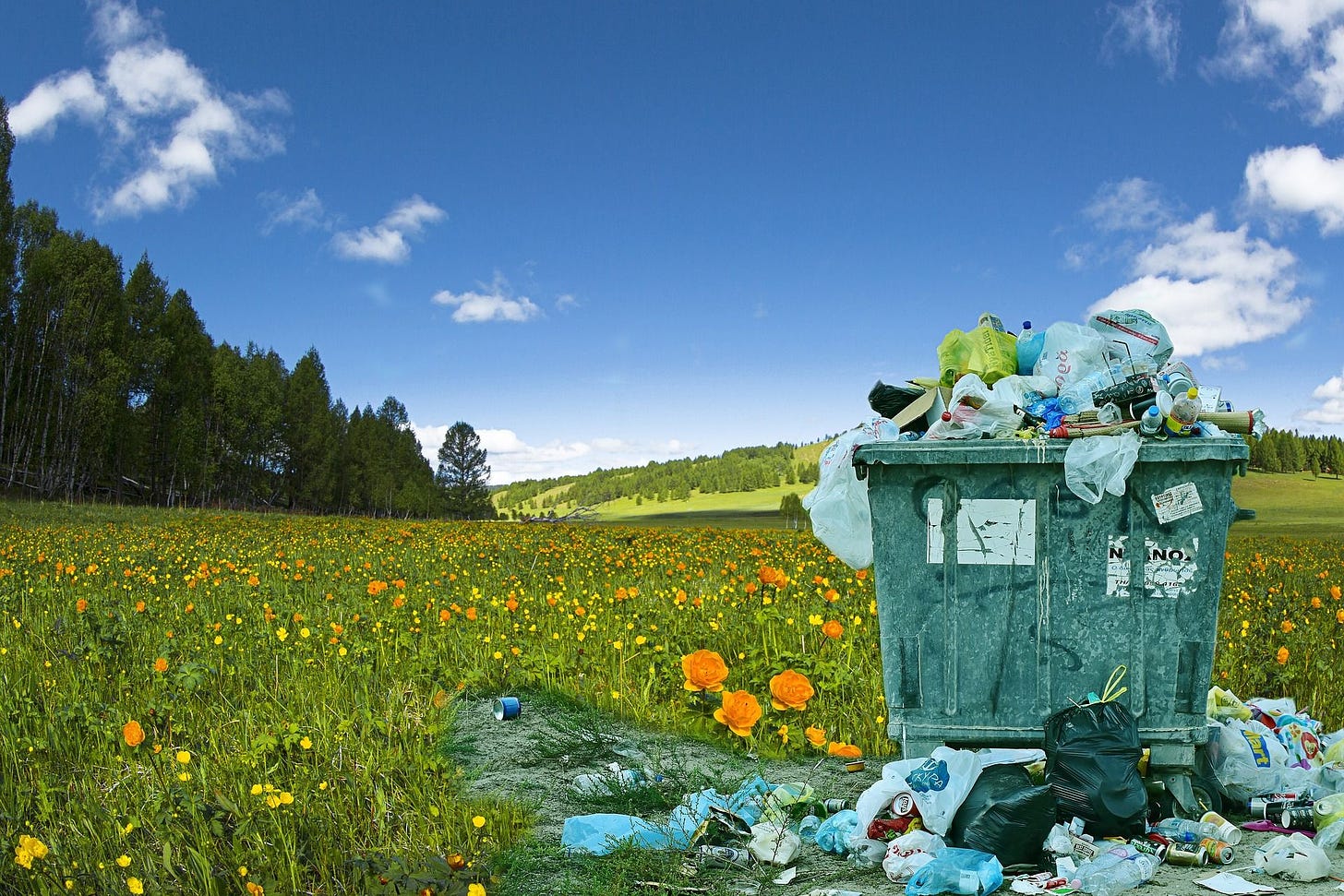IIT researchers find an eco-friendly way to degrade plastics

Plastics are messing up the planet. Our seas, oceans, rivers, soil, animals – everyone is being harmed and killed slowly. Why? Because this substance does not degrade at all!
Well, now researchers in IIT-Madras have found a way to dissolve plastics in an eco-friendly way. The results of their study were published in the journal ACS Sustainable Chemistry & Engineering.
Three years ago researchers from the Indian Institute of Technology (IIT) Madras observed silver slowly dissolving in a glucose solution when heated to 70 degree C. Now, the team has demonstrated an environment-friendly strategy to degrade the chemically inert and physically stable plastic fluoropolymer – polytetrafluoroethylene (PTFE) of which Teflon is made. All that is required to degrade the fluoropolymer into molecules is continuous stirring of it in water containing 1,000 ppm glucose and metal ions for about 15 days at 70 degree C. (Source: IIT Madras finds an eco-friendly way to degrade plastics – The Hindu)
Well, a team led by T. Pradeep from the Department of Chemistry at IIT Madras used the same technique to degrade polypropylene as well.
They had initially tried to break down gold particles with a magnetic stirrer (or a hotplate stirrer) coated with Teflon to continuously stir for several days the water mixed with glucose in a glass beaker. The Glucose leeches the ions from the metal surface.
“We then got a clue that the PTFE polymer might be breaking down into molecules through triboelectric degradation. An electric potential is produced at the interface of Teflon and water when the polymer is continuously stirred in water,” explains Prof. Pradeep.
It is the action of the ions that are leached from metal that ultimately help in degrading the plastics. The company is now researching and trying to find out details on different stirring products that can allow them to continuously stir using an overhead mixing process, so they’re able to add more content to be stirred and therefore degraded without stopping the process at all.
Glucose added to water first leaches out ions from the metal surface. When the PTFE-coated magnetic pellet is continuously rotated, triboelectric charges get generated on the pellet. The PTFE gets negatively charged. The negative charge on the PTFE surface attracts the metal ions that have been leached out. The interaction between the metal ions and PTFE results in metal-polymer bonding, causing the carbon-carbon bonds to destabilise. This eventually results in PTFEs degrading into molecules.
Btw, if you would like to create a site like this of your own, you can do it using WordPress. You can host it at Interserver or Bluehost. You can get kick-ass themes and plugins from Themeforest for your website and get up an running with a world-class site in a weekend.
All because of glucose action in the water!
To know the value of this discovery by these scientists, please remember that Coca Cola alone produces 108 billion Plastic bottles a year! How’s that for a great way to commit suicide?
This is just one company on the planet. Imagine what we as a humanity are doing with the plastics! The devastation of the planet is ongoing and not stopping at all. As long as petroleum is there, the companies will continue to create plastics and find a way to create products that people desire. To hell with the ecology.
Perhaps we not only have to stop the production – or slow down- but also degrade what has already been created in the first place!
If their little lab experiment can be scaled up and made available to nationally relevant organizations, maybe India can have a solution for the plastic waste that has already been generated. We need to get rid of the single-use plastic, but it may not happen soon enough. Plastics are messing up this planet in an irretrievable manner!



